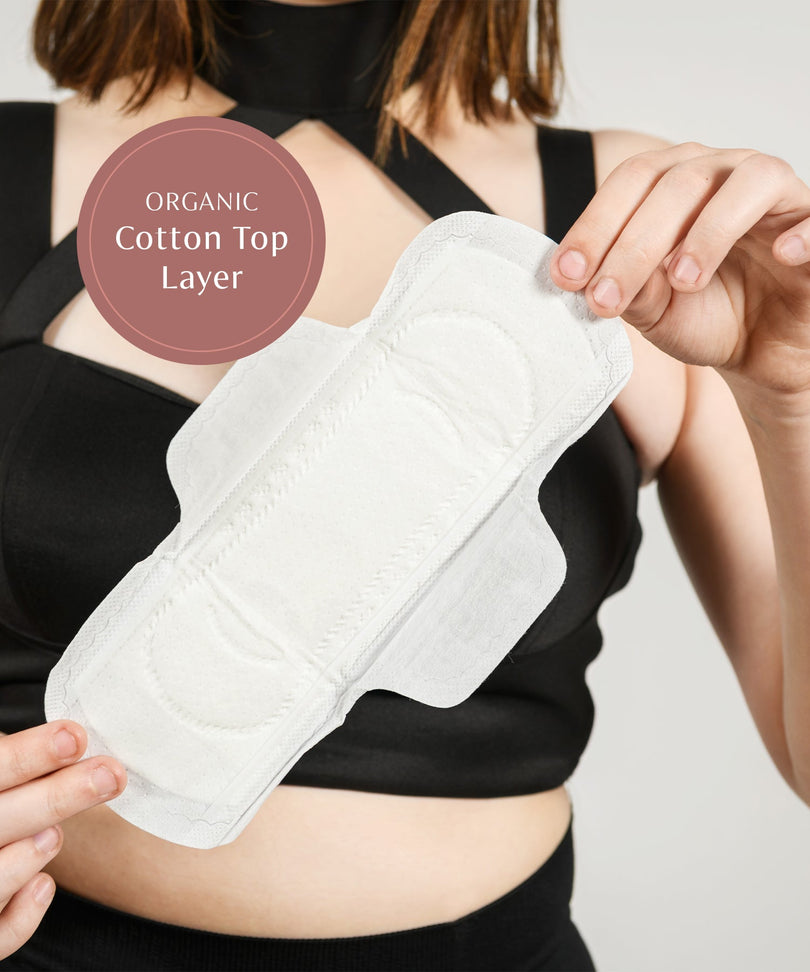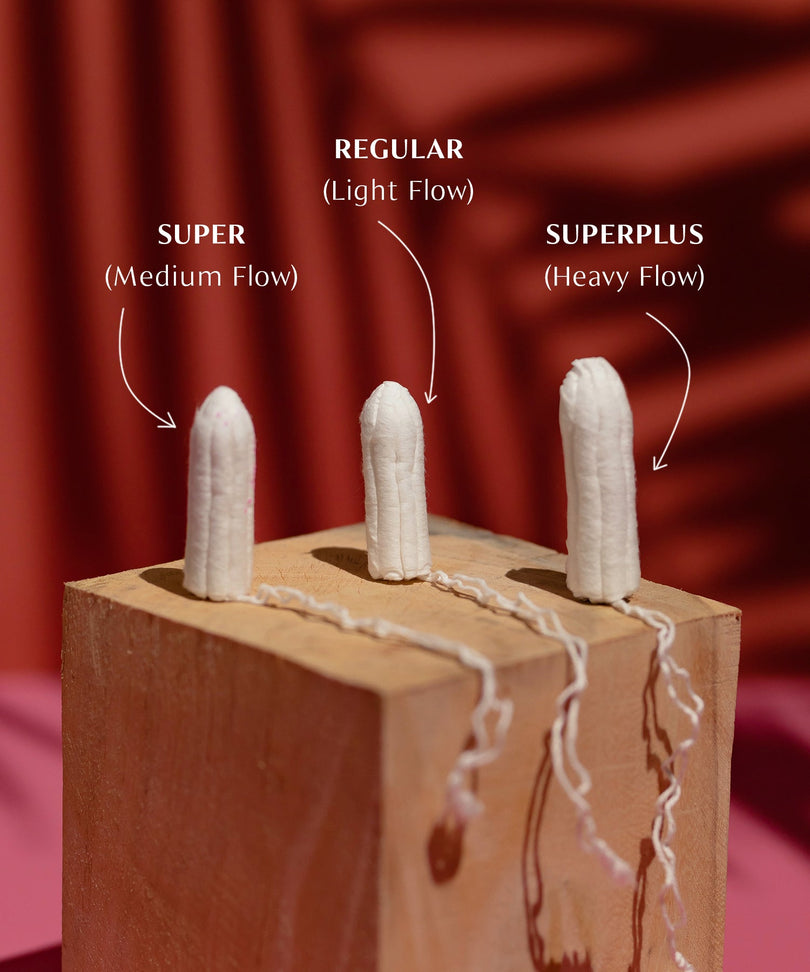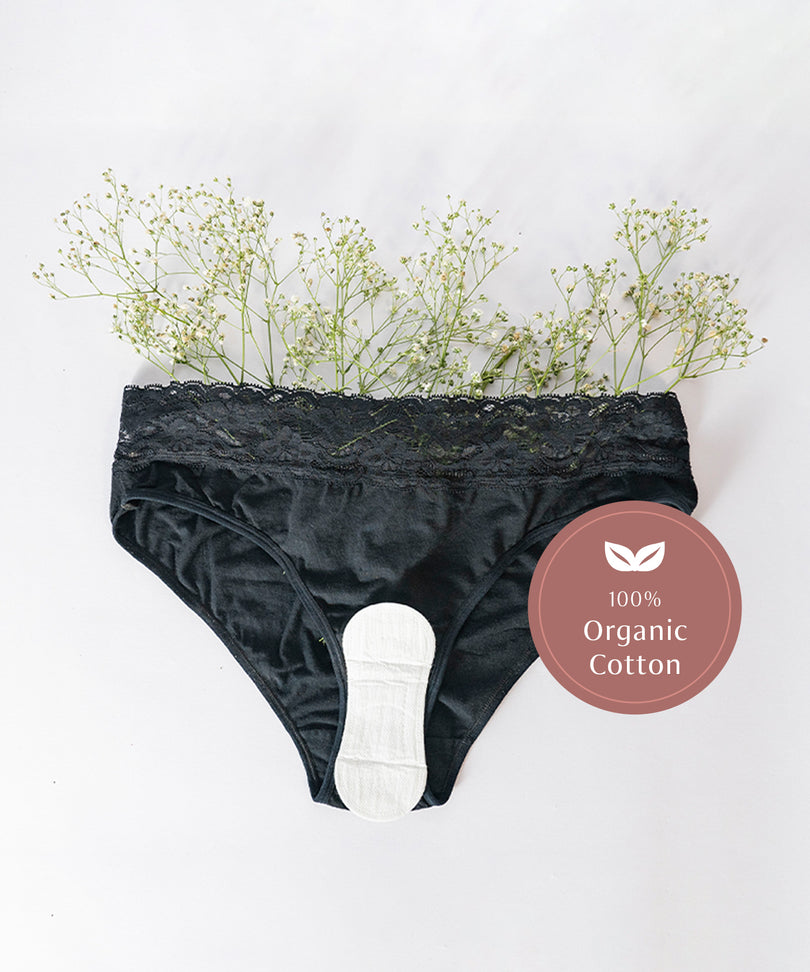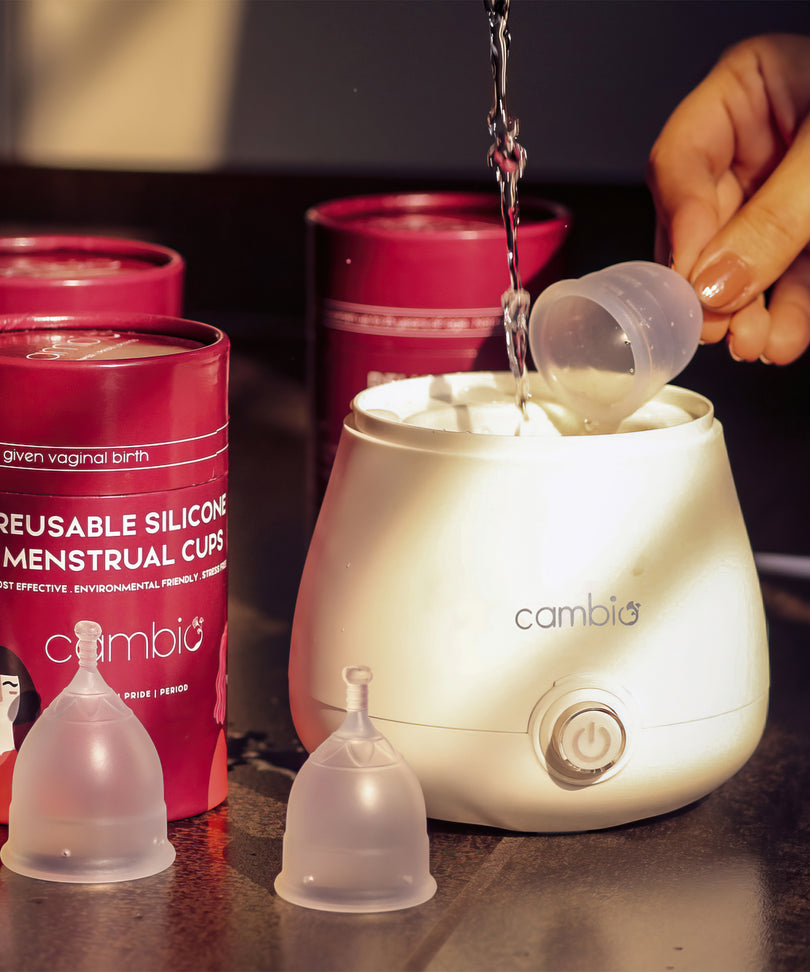To minimize the risk of UTI while using sanitary pads
- Change Pads Regularly: Prolonged use can create a moist environment, promoting bacterial growth. Change your pad every 4-6 hours or more frequently if needed.
- Wipe Front to Back: Prevent the transfer of bacteria by wiping from front to back after using the toilet.
- Use Clean Hands: Wash your hands thoroughly before and after changing pads to reduce the risk of introducing bacteria.
- Choose Breathable Materials: Opt for pads made from breathable materials to reduce moisture and enhance air circulation.
Sanitary pads are an integral part of the lives of menstruating individuals, offering comfort and protection during menstrual cycles. However, questions about their impact on urinary tract infections (UTIs) have also arisen.
UTIs are infections that can affect any part of the urinary system, from the bladder to the kidneys. While it might seem unrelated, understanding the potential connections between sanitary pads and UTIs is vital for overall health and well-being.
Understanding UTIs
Urinary tract infections are a prevalent health issue, particularly among women.
They occur when harmful bacteria, typically from the digestive tract, enter the urinary tract and multiply, leading to infection. The symptoms of UTIs can range from frequent, painful urination to lower abdominal discomfort and cloudy or bloody urine.
Usual factors like poor hygiene, dehydration, sexual activity, and even certain hygiene products can increase the risk of developing a UTI. Recognizing the symptoms and risk factors is crucial in seeking timely medical attention and adopting preventive measures to avoid recurrent infections.
Understanding these factors becomes even more essential as we delve deeper into the relationship between sanitary pads and UTIs.
Also read - Can you swim using sanitary pads?
Composition of Sanitary Pads
Sanitary pads absorb menstrual flow, providing comfort and preventing leakage.
They typically consist of several layers, including an absorbent core, a top layer that wicks moisture away from the body, and an adhesive that keeps the pad in place.
Some pads may also incorporate fragrances or chemicals to neutralize odours. While these components enhance the overall experience of using sanitary pads, they also introduce complexity. But it is less likely to happen so we should focus more on how to use these menstrual products.
Understanding these elements helps individuals make informed choices prioritizing their health and well-being.
Breathability and Hygiene:
Breathability isn't just a buzzword; it's crucial to maintaining optimal vaginal health.
The vaginal area requires adequate airflow to stay dry and comfortable, as excess moisture can create a breeding ground for harmful bacteria.
Prolonged exposure to non-breathable materials, such as those found in some sanitary pads, can trap moisture, disrupting the natural balance of the vaginal environment.
This disruption may increase the risk of bacterial overgrowth and subsequent UTIs.
Furthermore, poor breathability can compromise the skin's barrier function, making it more susceptible to irritants and infections.
When considering sanitary pads, opting for those made with breathable materials is wise.
Breathable pads allow air circulation, reducing the chances of moisture buildup and enhancing overall hygiene.
Prioritizing breathability not only contributes to a more comfortable period experience but also aids in preventing potential health concerns like UTIs.
Also read - Why use organic sanitary pads?
Friction and Irritation:
A smooth and irritation-free surface against the delicate genital skin is paramount for maintaining vaginal health.
Prolonged friction and contact with rough materials can lead to irritation, redness, and even micro-abrasions.
It is where the choice of sanitary pads comes into play.
Pads with a soft and gentle top layer (like organic cotton sheets) can minimize friction and provide a barrier against potential irritants.
Continuous friction caused by movement, especially when using non-breathable pads, can contribute to discomfort and exacerbate skin irritation.
Irritated skin is more vulnerable to bacterial penetration, increasing the risk of infections like UTIs.
It underscores the importance of choosing pads that prioritize absorbency and the comfort of sensitive skin.
Individuals can reduce the likelihood of developing UTIs and other discomforts associated with prolonged pad usage by selecting pads designed to minimize friction and irritation.
Also read - Are pads good at absorbing your pee?
Preventing UTIs During Menstruation
Maintaining good hygiene practices during menstruation is essential to prevent UTIs.
Firstly, prioritize changing your sanitary pad frequently, preferably every 4-6 hours, to minimize bacterial growth due to moisture buildup.
After using the restroom, remember to wash your intimate region with water. Do not use intimate wash, harsh soaps or cleansers during menstruation because it can hamper the menstrual cleansing process.
Choosing the right menstrual hygiene products like pads, tampons, menstrual cups is equally vital.
Organic sanitary pads can be a game-changer in UTI prevention. Traditional pads often contain synthetic materials and chemicals that can disrupt the vaginal environment.
On the other hand, organic pads are made from natural, breathable materials that reduce moisture retention, lowering the risk of bacterial growth.
- Consult a gynecologist for expert opinions, especially if you're prone to UTIs or have concerns about your menstrual health.
By combining these expert tips and adopting a holistic approach to menstrual hygiene, you can significantly lower the risk of UTIs and other related discomforts during your period.
Also read - Can sex make your period come early?
Conclusion: Can Sanitary Pads Cause UTI?
Preventing UTIs during menstruation involves a combination of hygiene practices and making informed choices about your menstrual products.
Organic sanitary pads, like those offered by Cambio, provide an extra layer of protection due to their natural composition and innovative technology.
By embracing these practices and opting for organic options, you can safeguard your vaginal health and enjoy a comfortable and worry-free period.
Prioritizing your well-being during your period can go a long way in ensuring your overall health and confidence.
Read more -
Does wearing pads make your period shorter?
Does a menstrual cup break hymen?
Sources: Association between unhygienic menstrual management practices and prevalence of lower reproductive tract infections: a hospital-based cross-sectional study in Odisha, India" (2018) by Sahoo et al.






